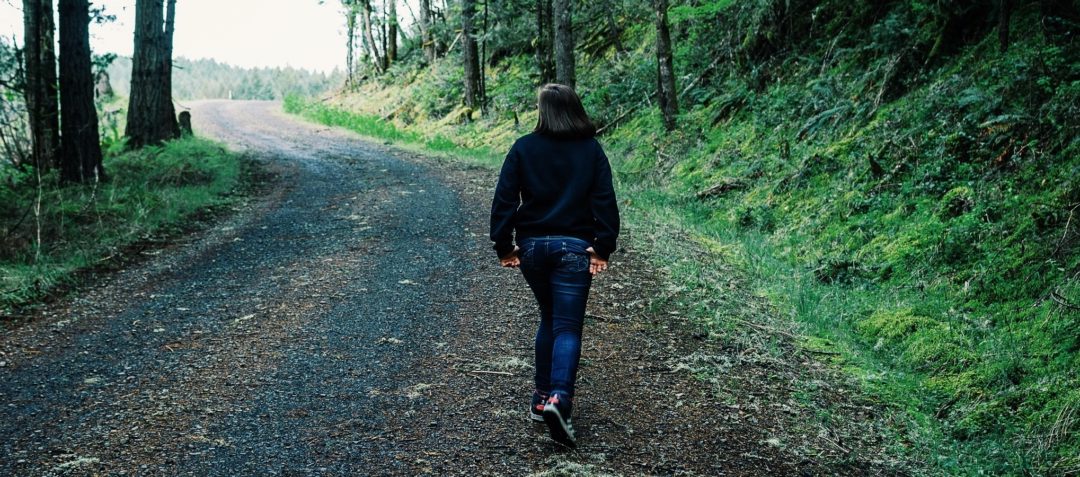I’m working on another Redeeming Love post, but I took an actual break this weekend so I have to make sure all my seminary reading is completed by tomorrow. Hopefully you’ll see another review post on Wednesday, but no firm promises.
Today I’m posting a reflection paper I wrote for my “Interpretation as Resistance” class, in response to this prompt regarding readings on Ruth, Sarah & Hagar:
Choose one of the perspectives that differs from your own. What did you learn from that writer? How does that perspective on Gen 16 and 21 challenge, expand, sharpen your interpretation of those stories?
I’ll be referencing two chapters we read. Donaldson’s piece looks at Orpah from a Native American point of view, and argues that Orpah’s decision is an analog to the decision by Native Americans to preserve their culture and identity in the face of white colonialism– that Orpah is the brave hero in this situation, not Ruth. She challenges the accepted narrative that Ruth was the brave one for leaving her homeland and religion. Similarly, Williams explicates the ways the African American community has pointed to Hagar as a symbol and touchstone. Both were incredibly powerful readings.
***
Before I came to United for seminary, I completed the program for a master’s degree in English at Liberty University. I learned a lot there, but one thing that this class has already shown me is that I’m used to reading books the way the book tells me it wants to be read. I can’t think of a time previous to this class when that interpretive assumption was challenged: I almost always agreed with whatever text I was reading about who the “bad guys” and “good guys” were of every story. If there wasn’t a clear protagonist/antagonist relationship like that in the book, there were almost always clues about who I as the reader was supposed to identify with, or who I was supposed to “cheer on” as I read.
Sometimes a story takes advantage of that assumption, and subverts it. House of Cards, while not a book, is an engaging story that pulls the viewer into the internal world of Frank Underwood but instead of making the villainous character the “hero of his own story,” the show unabashedly admits that their main character is the villain. It’s a challenging point of view that is occasionally disturbing—how could I want Frank Underwood to win? And yet, sometimes, I’m delighted when he does. However, in the end, I’m still being told by the scriptwriters how I’m supposed to respond to their characters.
Reading two perspectives over the past few weeks highlighted this assumption for me: Laura Donaldson’s “Sign of Orpah” and Delores Williams’ “Hagar in African American Biblical Appropriation.” I’ve read the story of Ruth many times, and each time had a reaction much more like Celena Duncan’s in Take Back the World. I adore Ruth and what she’s come to mean to me over my life—Orpah, to me, was barely anything more than a narrative foil. Donaldson’s response to Orpah was amazing to me, and while I loved seeing such a beloved narrative in a completely new light I am still investigating why it never would have occurred to me to see Orpah as really a character in her own right and what she might mean to others. The text dismisses Orpah, so that’s what I did, too.
A similar thing was happening in my reception of Sarah and Hagar, as well. My mother has always identified very strongly with Hagar and her name for God as “the God who Sees Me,” as my mother puts it … but I never really felt that pull. Later in my life it was just a painful reminder that God most definitely does not see me, or if They do, doesn’t much care. I preferred Sarah and her pragmatic—even cynical—and sardonic reaction to God’s promises. I sympathized with Hagar and found much beauty in her side of the story, and always saw those two in tension with one another. There wasn’t a clear “bad guy” in the text, but there is still a narrative preference. Sarah is Abraham’s wife, the matriarch of Israel, and Hagar was just sort of an unfortunate blimp in their story, a mistake. A mistake God took care of, but still a mistake. I was much more like the rabbis trying to work out a way for Sarah to be the “good guy” more than I was listening to Hagar’s own story.
Williams showed me how that approach reveals a rather glaring bias I have. I haven’t been required much by the circumstances of my life to peer into the Bible and claim stories that other, more powerful, people have rejected. My queer point of view has given me the opportunity to see some characters much differently than others—like my conviction that Ruth is definitely bi—but I haven’t been required to think outside of the box in different ways. I’m thankful to Donaldson and Williams for helping me get outside my own head.




